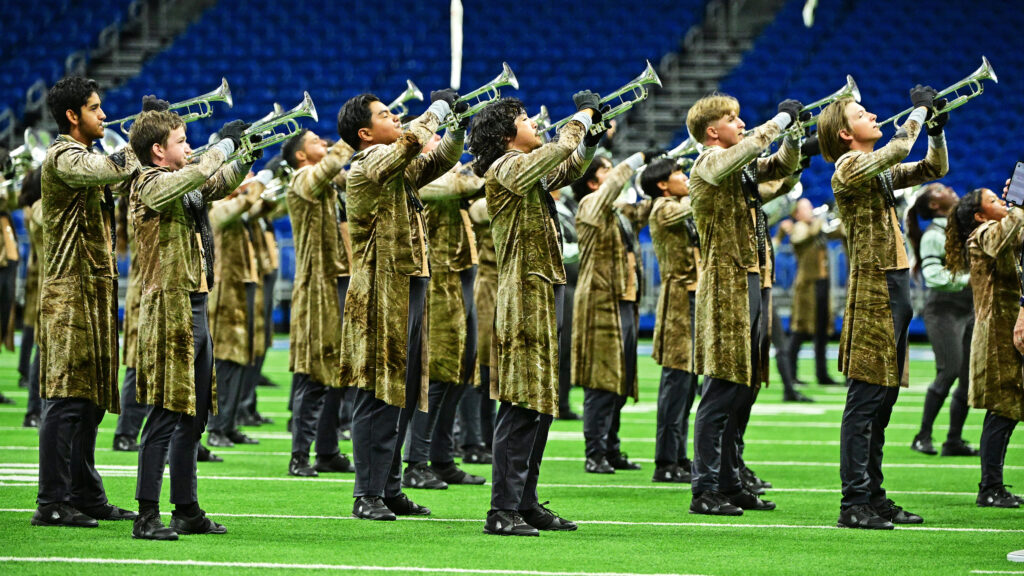One benefit of the growth in popularity that drum corps has experienced over the past decade is that many more people are now interested in marching than ever before. The disadvantage to this is that often, kids become interested in marching corps long before mom and dad are ready to have their baby leave them for an entire summer.

I encountered this very situation recently with a member of the pit at the high school where I teach. She is quite talented and very interested in doing corps, and I encouraged her interest — until one day recently when her mom came up to me after a rehearsal and said to me that she’d told her daughter she’d like her to wait another year before marching corps.
Luckily I had another solution than to simply persuade her to change her mind. I suggested to her that her daughter might benefit from going to a drum corps camp simply for the experience. Many corps allow and even encourage students to come to early camps as a sort of a clinic experience, and this route can have many benefits for young future members.
First, it gets the parents mentally prepared for the idea of little Johnny or Suzie — who is by now likely not so little to everyone but the parents — eventually becoming a member of a drum corps. Parents today are more heavily involved in their children’s lives than even my parents were when I first started auditioning for corps, and I had a heck of a time talking my parents into letting me go to my first camp.
The more I went, though, the more accustomed to the idea they got, and so when it came down to me actually making a corps — three years later — they were at ease with the idea. Also, if a parent has a chance to check out an organization in action before their child is contemplating committing to something as long-term as participation in a drum corps, it can reassure even the most reluctant corps mom or dad. Second, and more importantly, it’s a great way for a potential future member to get to know an organization for themselves before they invest the emotional energy in the actual audition process.
It suddenly becomes a lot more OK to not like a group or the way that group does things, since there are no expectations riding on the process — merely one weekend, and if it’s awful, you get to go home at the end of it and think, “Thank goodness I dodged that bullet!” And finally, what better way is there to learn the skills required to be successful in drum corps than to go to an event that is expressly designed to teach those skills? Most corps spend the first camp or two teaching their particular style and approach to playing (or spinning) the various instruments (or equipment), so one more person is no burden to the corps staff.
Also, most corps go through an individual audition process in which the student gets about 15 minutes of one-on-one time with a member of the appropriate caption staff, and gives the student a chance to receive some great feedback on what to do to be ready for next year’s auditions — when, hopefully, the auditionee and family may be ready for a long-term commitment to drum corps.
Of course, there are many other solutions to the situation I discussed at the beginning, but there are also many other good reasons to approach the first drum corps camp of the year as a clinic experience. So even if you and/or your family are not quite ready to commit to a drum corps membership and all that that entails, you can still participate a little bit in the drum corps of your dreams.
Emily Tannert is a sophomore music education/percussion performance major at Louisiana State University in Baton Rouge, La., and holds a journalism degree from Northwestern University. Emily aged out of the Glassmen in 2003 and was assistant tour manager for the corps in 2004 and 2005. You can contact Emily at [email protected].
Transitioning to the professional level





